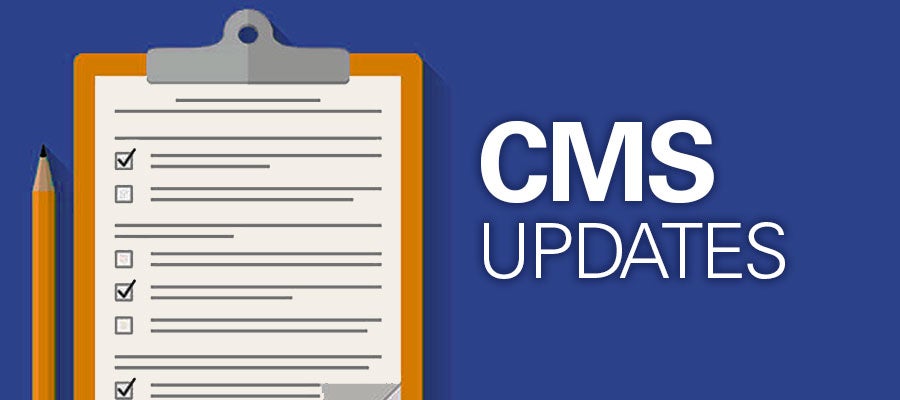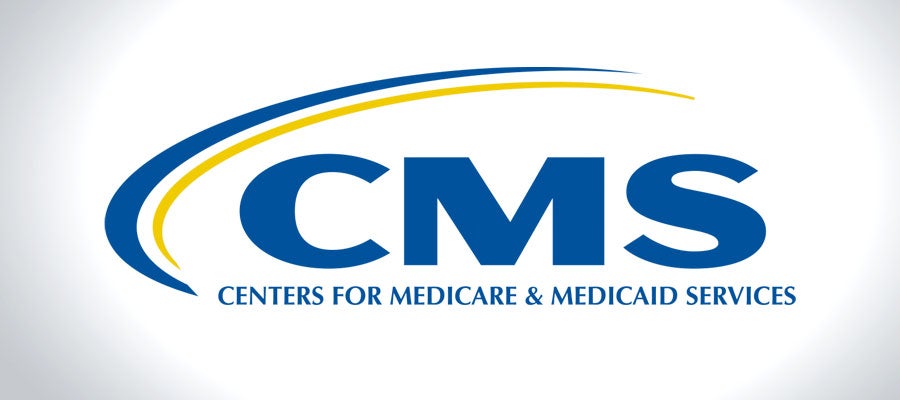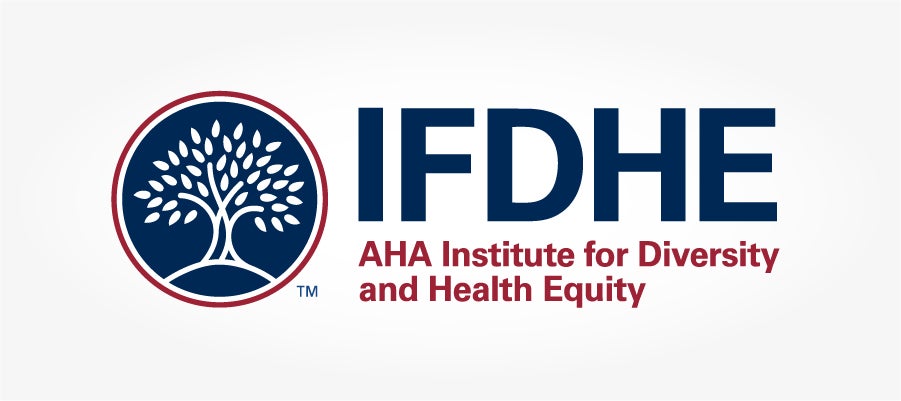
The Health Resources and Services Administration will provide nearly $1 billion to small rural hospitals, critical access hospitals and rural health clinics to expand COVID-19 testing and help mitigate the virus in their communities, the Department of Health and Human Services announced.






